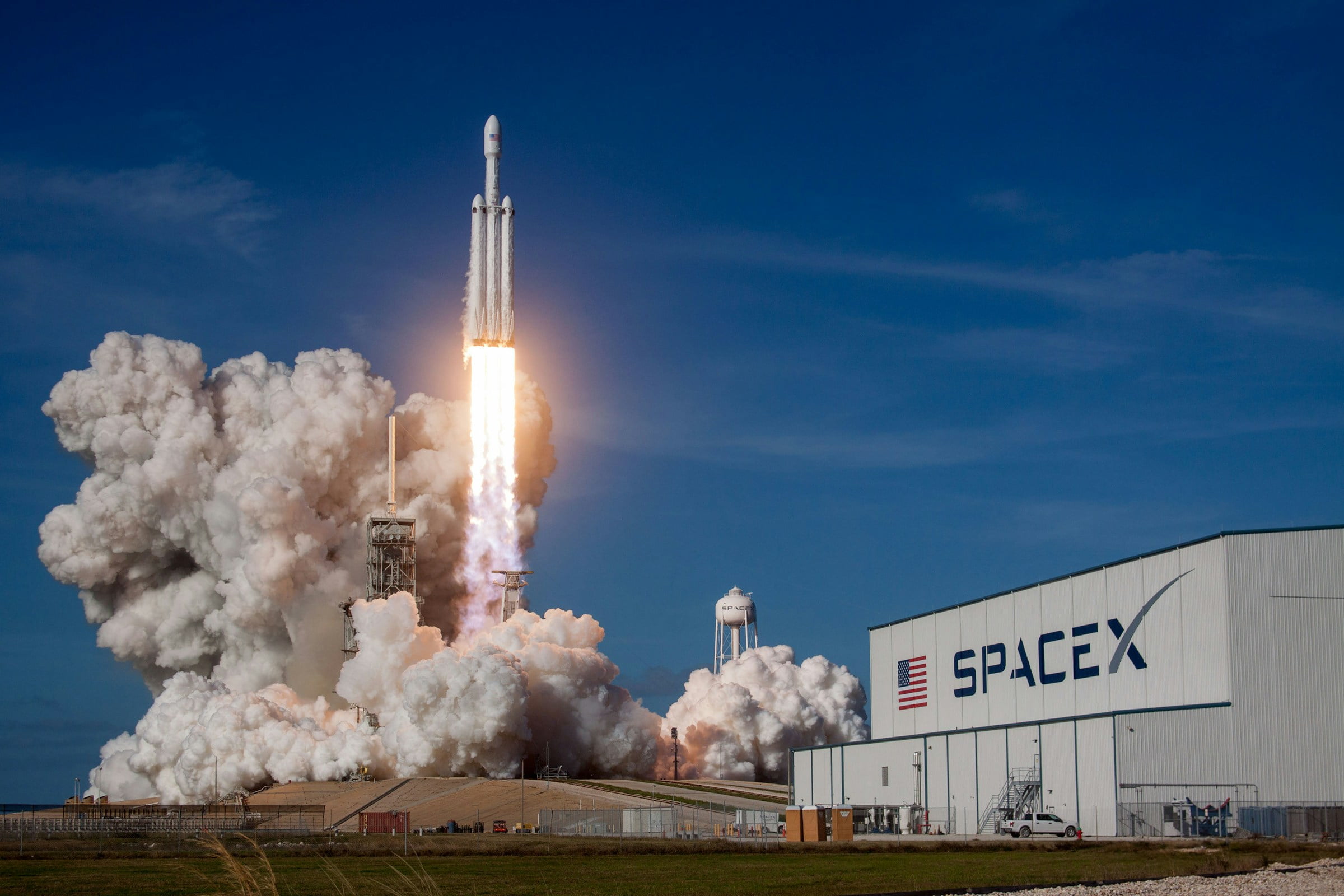 The Coca-Cola bottling plant in Detroit returned 48% of the water it purchased back to the city as wastewater in 2016, according to a spokesperson, while PepsiCo said it returned 60% of the water it purchased as wastewater. Coke and Pepsi purchased a total of 113 million gallons of water and 105 million gallons of water respectively from the City of Detroit last year, according to NPR’s Michigan Radio.
The Coca-Cola bottling plant in Detroit returned 48% of the water it purchased back to the city as wastewater in 2016, according to a spokesperson, while PepsiCo said it returned 60% of the water it purchased as wastewater. Coke and Pepsi purchased a total of 113 million gallons of water and 105 million gallons of water respectively from the City of Detroit last year, according to NPR’s Michigan Radio.
Coke and Pepsi’s purchase of city water is relatively small compared to Nestle, which purchased about 396 million gallons of water 2015 for its Ice Mountain brand of bottled water at its Stanwood plant.
While the bottlers pay the same amount for water as residential users, they pay a monthly fee based on the industrial size of their water meters, which is significant. Coke, for example, paid more than $1.1 million in water meter charges last year.
The Michigan Radio reporter, Kay Lafond, began conducting an investigation in January about how much water is drawn from the Great Lakes region for bottled water and other beverages manufactured by Detroit-area bottlers.
Water Conservation Efforts from Bottlers
Lafond’s research comes at a time when water has become an increasing concern for companies – both in terms of rising costs and potential water shortages – and both Coke and Pepsi have flaunted their efforts in that area in recent months. Coke, for example, has partnered with the World Wildlife Federation to develop its 2020 Sustainability Goals, which include improving water efficiency by 25% across its global system and expanding its freshwater conservation efforts in regions around the world.
Last year, Environmental Leader reported that PepsiCo’s Frito-Lay facility in Casa Grande, Arizona, recycles up to 75% of process water, enabling Frito-Lay to reduce its annual water use by 100 million gallons. PepsiCo’s efforts to use less municipal water and to use water more efficiently in manufacturing processes have led to more than $80 million in cost savings between 2011 and 2015.
Nestle Waters’ chief sustainability officer Nelson Switzer told Environmental Leader that the company fully expects that the amounts it pays for water today “might be different from what we pay tomorrow.” As part of its effort to increase water savings, the bottled water company helped start the Alliance for Water Stewardship, a global membership-based collaboration that promotes the responsible use of freshwater through a new International Water Stewardship Standard. Other members include organizations like the WWF, The Nature Conservancy, and corporations from water-focused industries.
And in the Detroit Area, Specifically?
Coke told Lafond that the Detroit facility reduced water use by 20% over the last 10 years via improved leak detection and repair programs, air rinsers, water reclaim systems and dry line lube conveyor lines. The company worked with the US Forest Service and the Nature Conservancy to replenish 594 million liters of water to the Lake Huron/Lake Superior watershed. And it has donated more than 800 rain barrels in Detroit and more than 5,000 rain barrels throughout Michigan in the last several years.
Pepsi’s spokesperson told Lafond that its Detroit plant was recognized for sustainability last year as Pepsi’s “Most Improved,” in large part thanks to its water conservation efforts.
Meanwhile, in the Osceola Township, Nestle Waters is facing opposition for its attempts to increase the amount of water it pumps from the White Pines Spring from 250 gallons per minute to 400 gallons per minute, in conjunction with a $36 million expansion of the company’s bottling plant in Stanwood. Nestle Waters says reports show no significant adverse effects from the proposed increase, but local environmentalists say the research doesn’t clearly show the cumulative impact the increased water extraction would have on all natural resources, according to EcoWatch.
Last week, Nestle Waters North America announced that its Ontario, California, factory received certification for meeting the Alliance for Water Stewardship (AWS) Standard.










